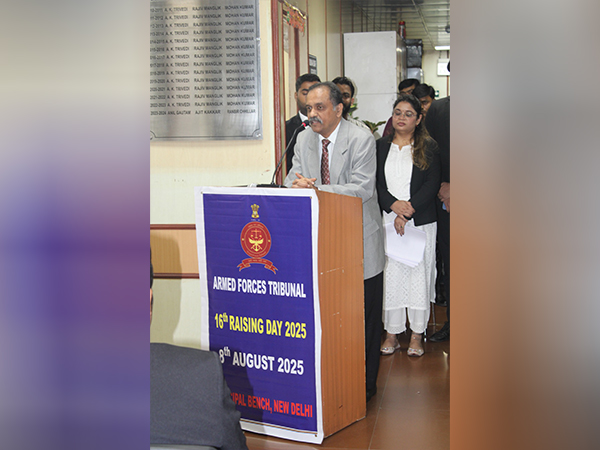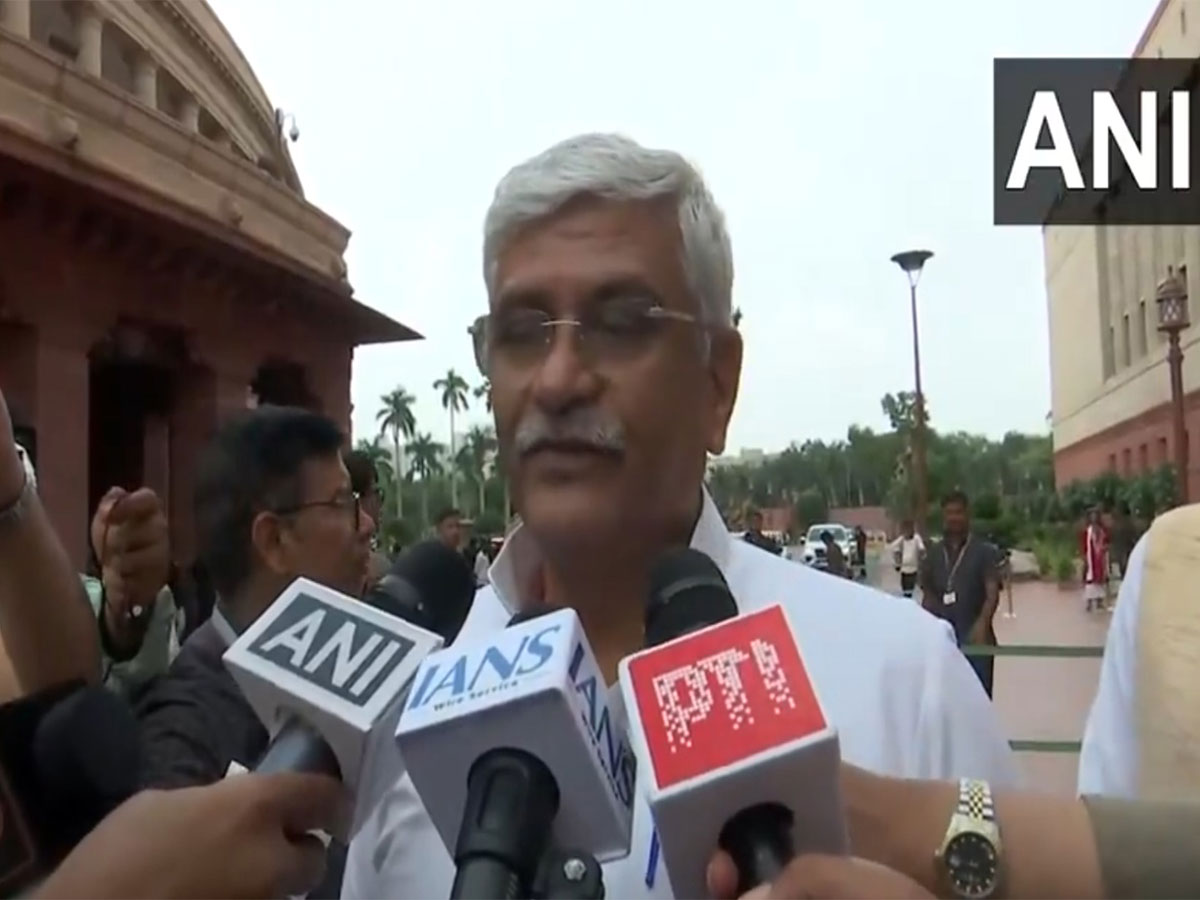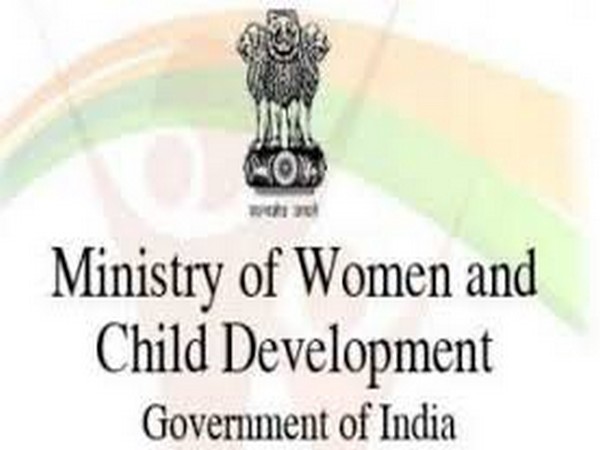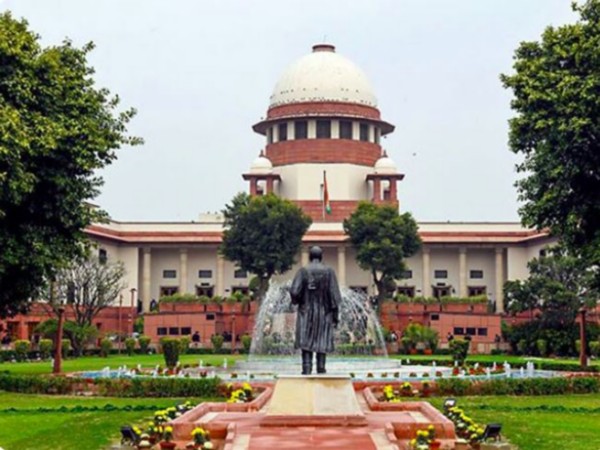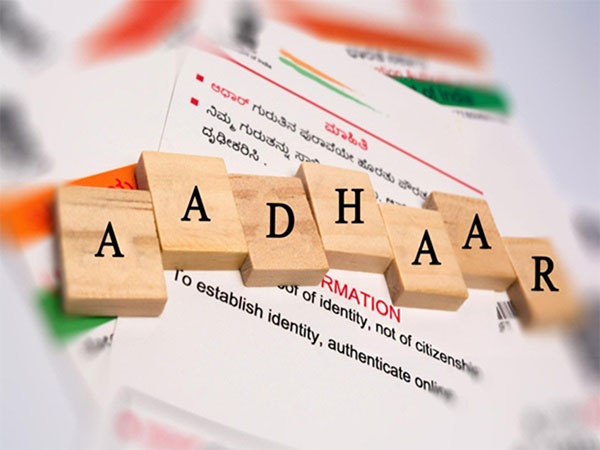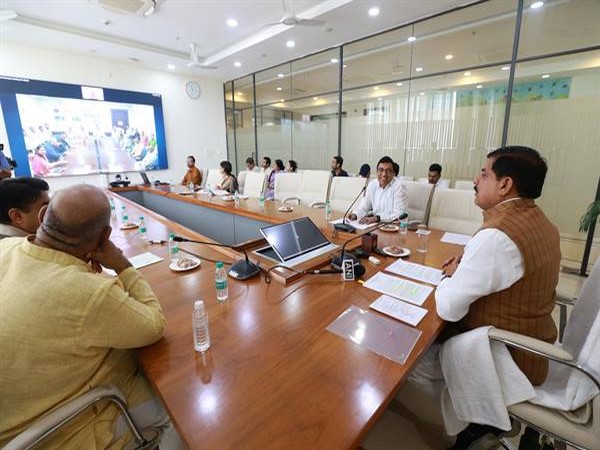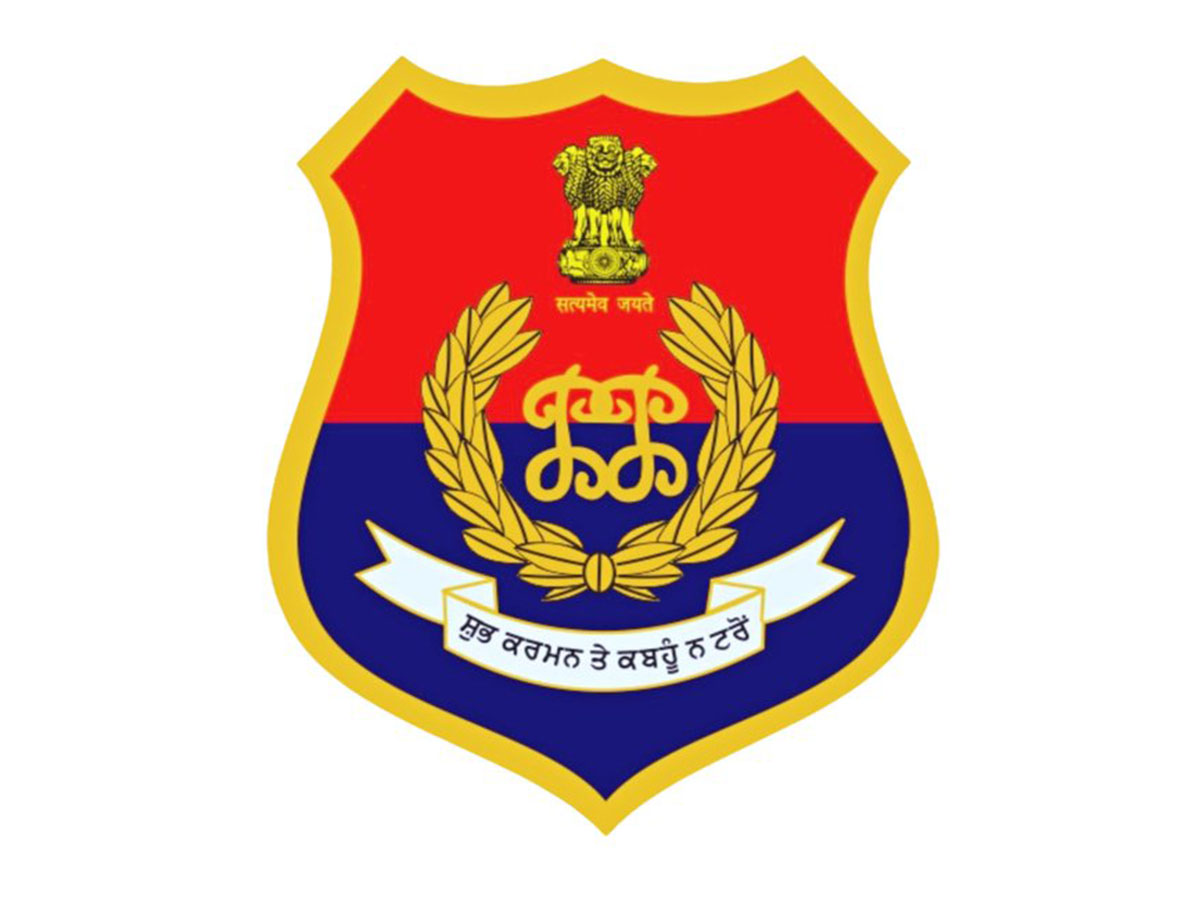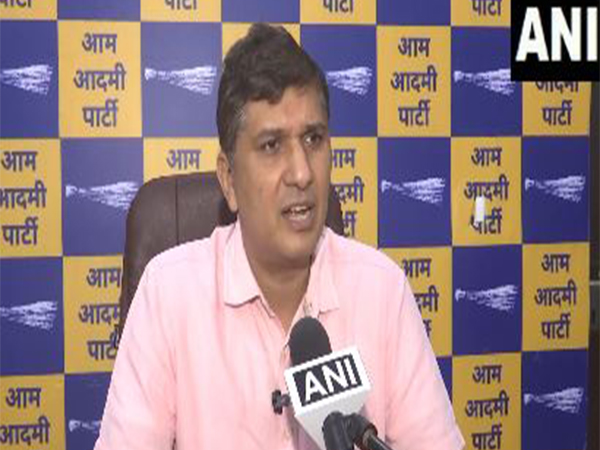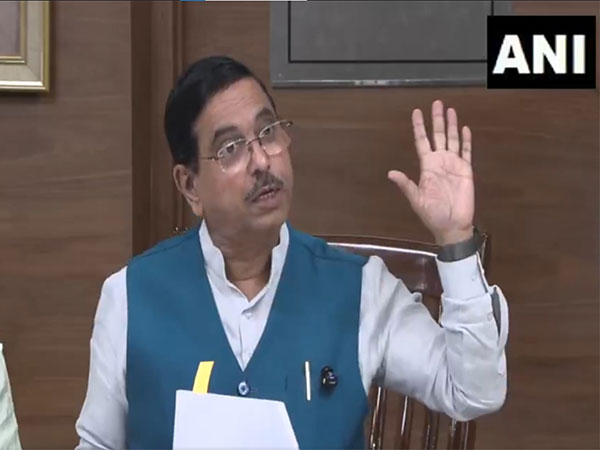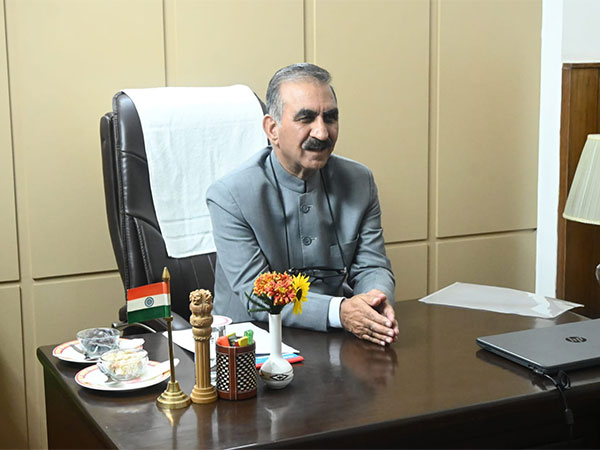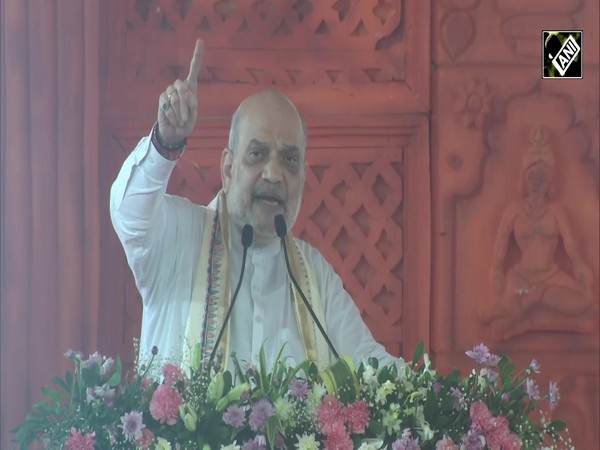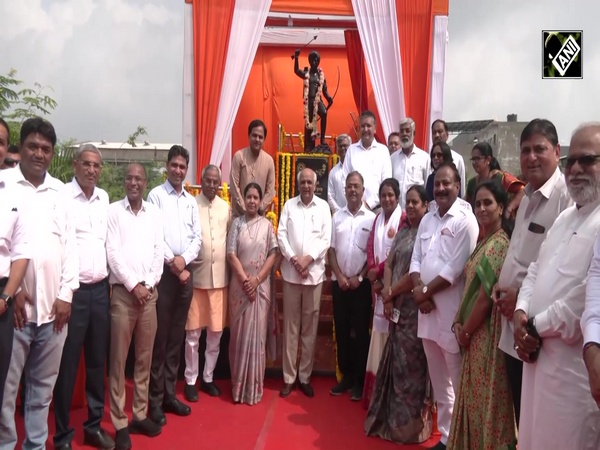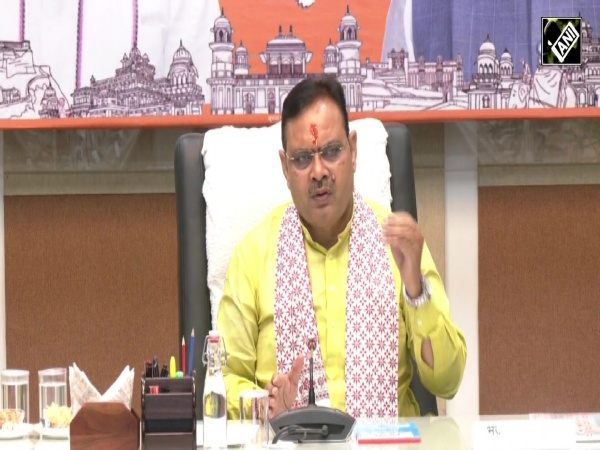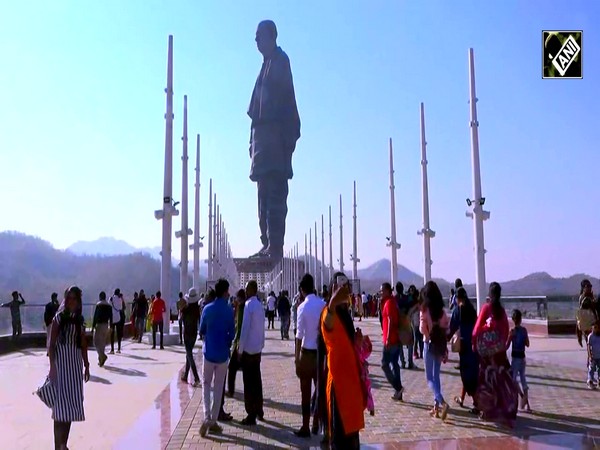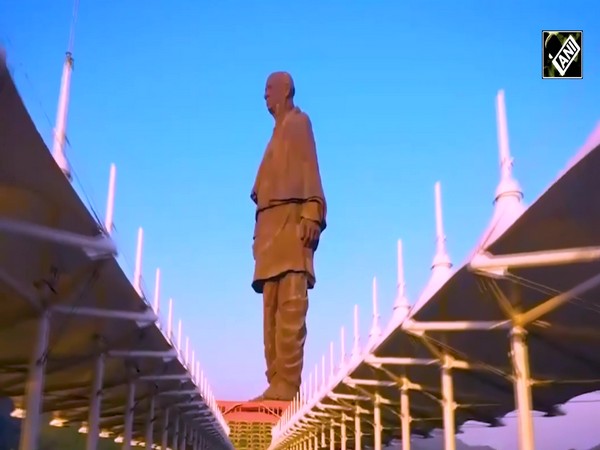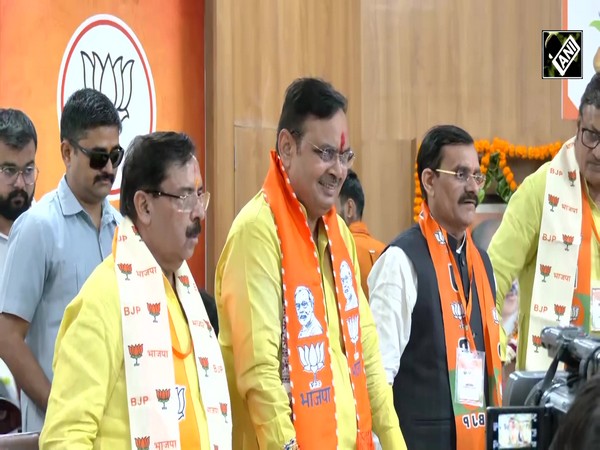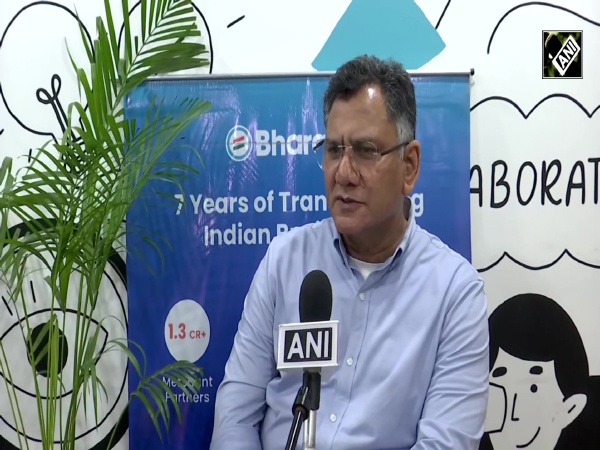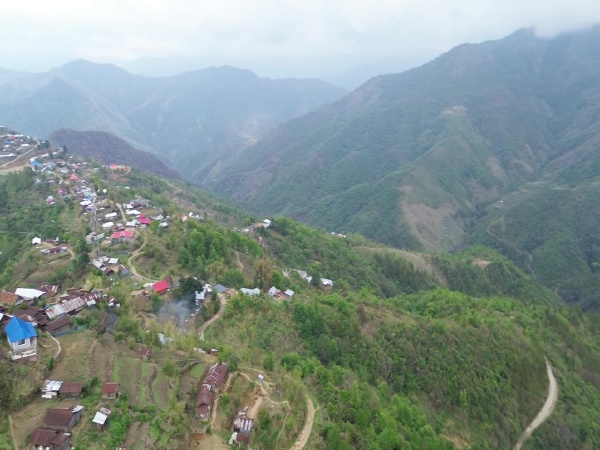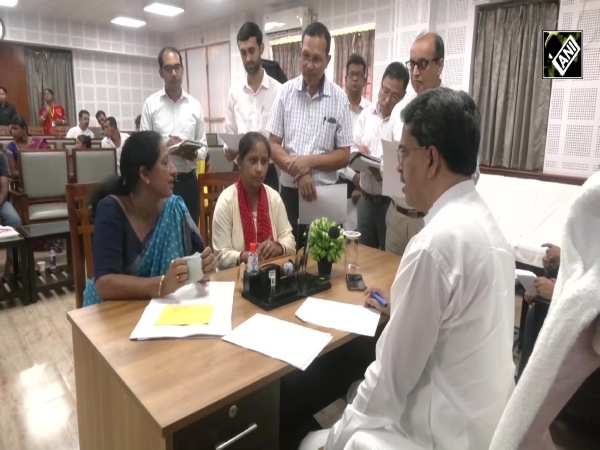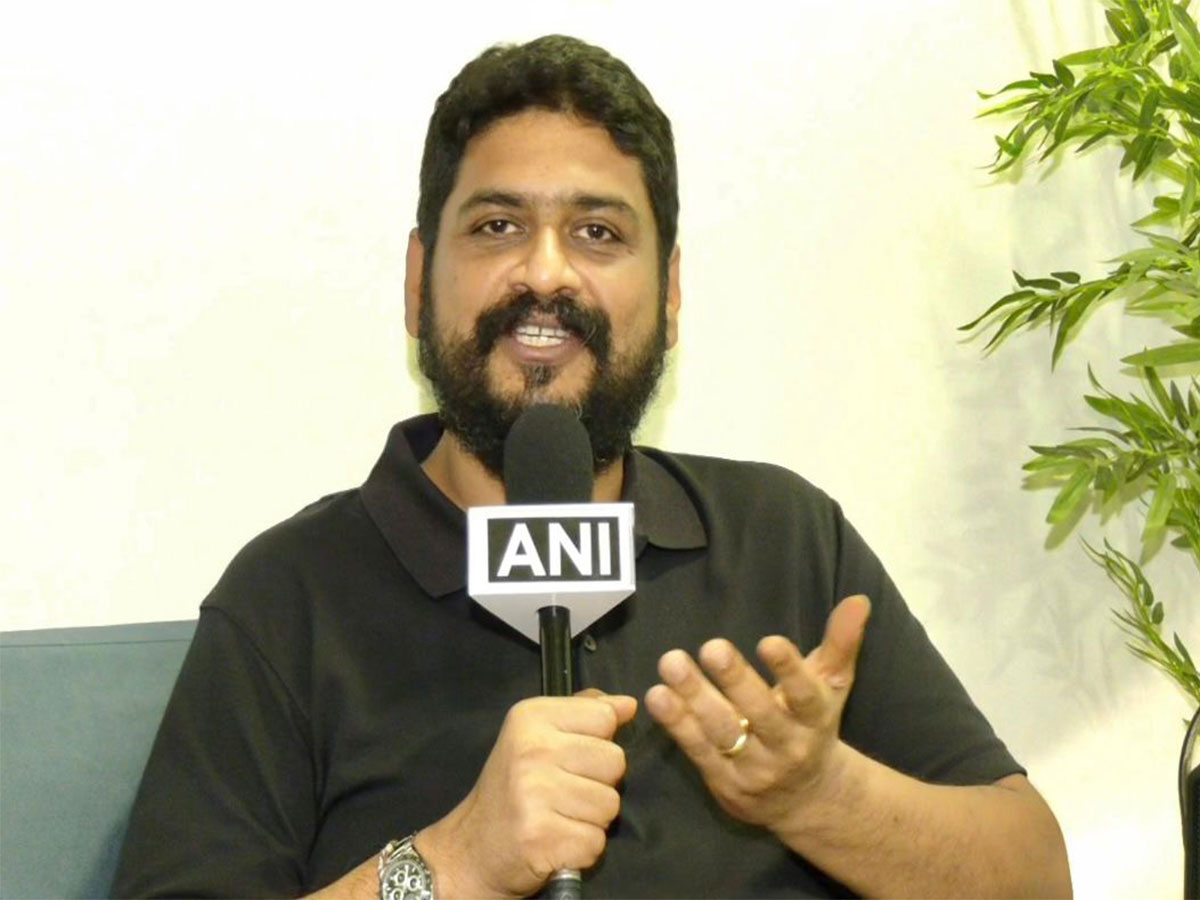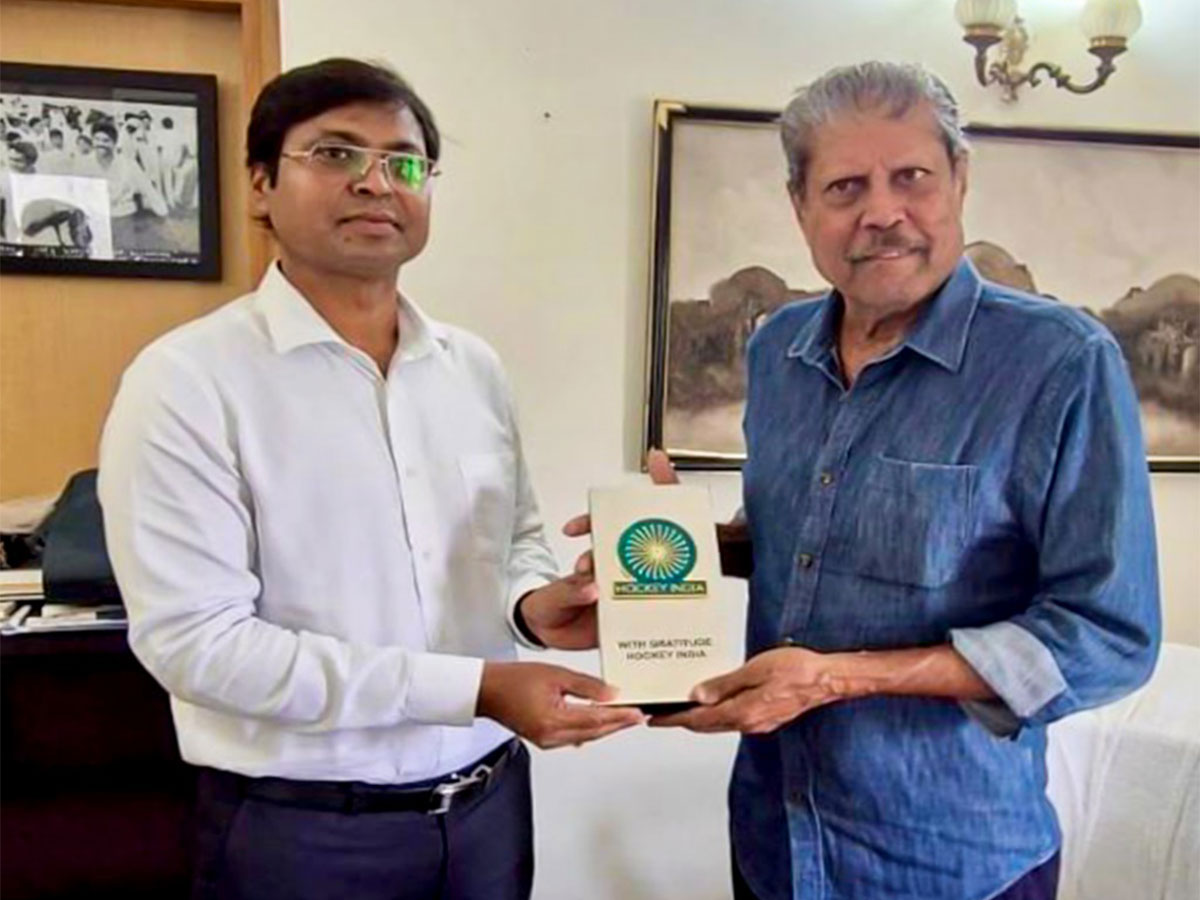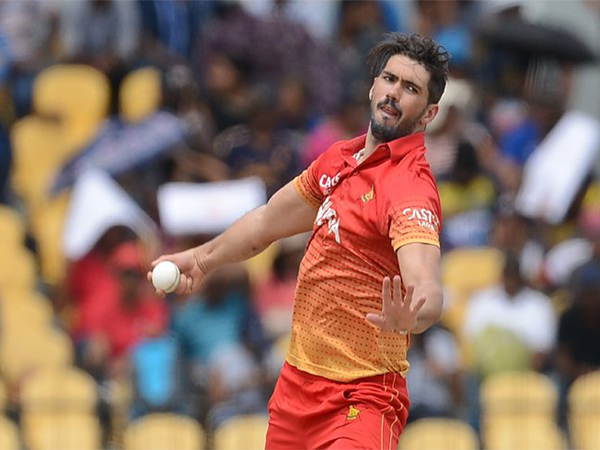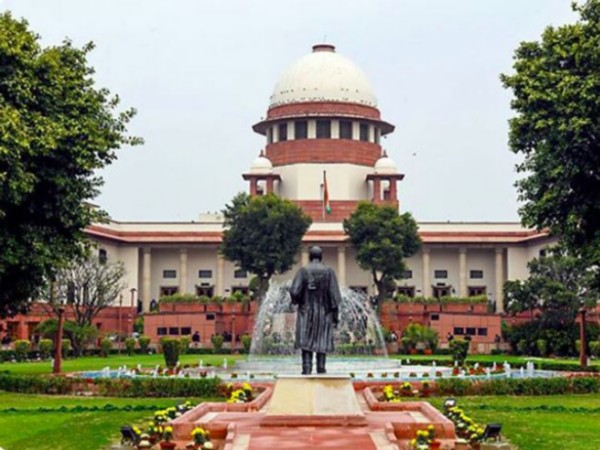
Banke Bihari temple: SC proposes to suspend operation of committee under UP ordinance
Aug 08, 2025
New Delhi [India], August 8 : The Supreme Court on Friday said it will pass an order to suspend the operation of the Committee under the Uttar Pradesh Shri Bankey Bihari Ji Temple Trust Ordinance, 2025, which has been vested with the management of the Bankey Bihari temple in Vrindavan, Mathura.
A bench of Justices Surya Kant and Joymalya Bagchi also said that it will refer the matter to the Allahabad High Court to challenge the constitutional validity of the Ordinance.
Till the High Court decides the matter, the Committee will be kept in abeyance, it said.
It further said that in the meantime, to ensure the smooth administration of the temple, the apex court will constitute another Committee, which will be headed by a former Judge of the High Court.
The Committee will also have certain government officers and the representatives of the Goswamis, who are the traditional caretakers of the temple, said the bench.
The bench also orally proposed to recall the directions in the May 15 judgment, which allowed the government to use the temple funds for the corridor.
Stating that the apex court will try to upload the order by tomorrow, it said, "We will grant you liberty to challenge the Ordinance before the High Court. The constitution of the Committee as per the Ordinance will be kept in abeyance so that the Ordinance is not given effect till the matter is decided by the High Court... In the interregnum, we will constitute a Committee headed by a former judge of the High Court... The Committee will see to developmental activities in the area."
The apex court was also hearing a petition filed by Devendra Nath Goswami seeking the modification of its order permitting the Uttar Pradesh government to utilise funds from the Shri Banke Bihari Temple in Vrindavan to purchase five acres of land around the temple for corridor development.
Earlier, the top court had questioned Uttar Pradesh over its "tearing hurry" in promulgating the Shri Bankey Bihari Temple Trust Ordinance, 2025, for taking over the management of the temple.
The 2025 UP Ordinance is stated to vest the temple administration with a statutory trust. According to it, the management of the temple and the responsibility of facilities for the devotees shall be handled by the 'Shri Banke Bihari Ji Mandir Nyas'.
As per Ordinance, 11 trustees shall be nominated, a maximum of 7 members can be ex-officio, and government and non-government members shall be followers of Sanatan Dharma.
It had slammed the Uttar Pradesh government for "hijacking" the litigation between two private parties over management of the Shri Banke Bihari temple.
Goswami has said that he was a "lineal descendant" of the temple's founder Swami Hari Das Goswami and his family had been managing the affairs of the sacred temple for the last 500 years.
The plea said he was actively involved in managing the temple's daily religious and administrative affairs.
Filing the plea, he said the implementation of the proposed redevelopment project was practically unfeasible, and any attempt to redevelop the temple premises without the involvement and inputs of those who were historically and operationally associated with the temple's functioning was likely to result in administrative chaos.
On May 15, the top court had permitted the state to use the Trust's fund and also allowed the use of Sri Banke Bihari Temple Trust's fixed deposits after taking into note the state government's Rs. 500 crore development plan for the corridor.
The apex court had modified the order of the Allahabad High Court, which had prohibited the purchase of land around the temple using its funds.
The top court had taken into note the records placed by the government regarding the proposed scheme for the development of the temple.
The apex court's approval of the state government's development plan for the Shri Banke Bihari Temple Corridor had come particularly in light of incidents such as the 2022 stampede at the Banke Bihari Temple.
The top court had also taken note of maladministration in temples in the Braj region and emphasised that effective temple governance is not only a legal requirement but also a matter of public and spiritual welfare.
